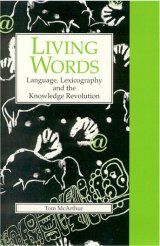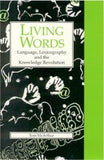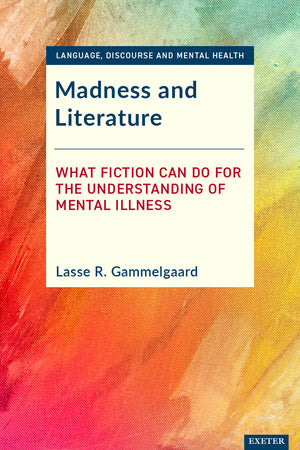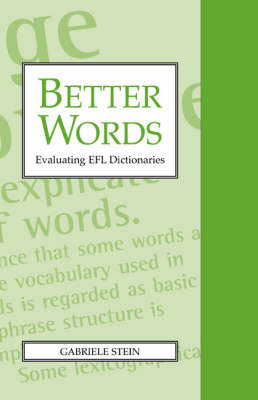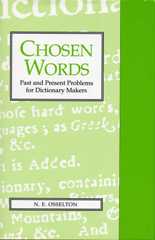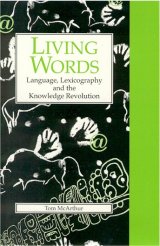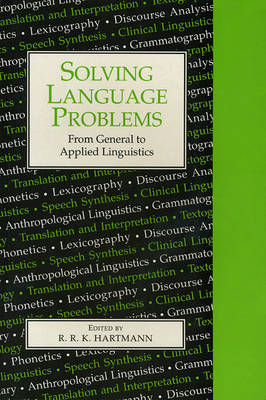University of Exeter Press
Living Words
Language, Lexicography and the Knowledge Revolution
Couldn't load pickup availability
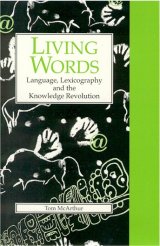
- 300 Pages
In this unique and entertaining collection of articles, a noted scholar and compiler of key works of reference reflects on the nature of language, the art of lexicography and the breath-taking developments in communication, the media and information technology in the late twentieth century.
This book ranges widely over three main linked subjects: Language at large and in particular English, the most widely used language in the history of the world, The art and study of dictionaries and reference science, embracing all past, present and potential reference materials-from the OED to the Yellow Pages and The processes through which communication, information and knowledge have evolved-from cave art to the personal computer.
“There are many valuable insights in this collection of papers . . . The articles in this collection will fascinate lexicographers." (International Journal of Lexicography, Vol. 13, No 2, 2000) “The collection has many attractions apart from the intrinsic interest of the subject matter. McArthur’s roles as the editor of English Today, and as the author of Worlds of Reference, The Longman Lexicon of Contemporary English, and The Oxford Companion to the English Language, have given him a breadth of experience in linguistic, lexicographical, and encyclopaedic fields that few could match.” (English Studies, Vol.83, No.6)
Contents: Living words: "bagaba" and "carcari" - or the paradox at the heart of language; rhythm, rhyme, and reason - the power of the patterned sound; the power of words - pressure, prejudice, and politics in our vocabularies and dictionaries; the word "word"; the vocabulary-control movement in the English language, 1844-1953. Language: wee Jimmy and the dugs - or, where do YOU stand in the classroom?; the usage industry; problems of purism and usage in editing "English Today"; the pedigree of plain English; the printed word in the English-speaking world. Lexicography: the background and nature of ELT learners' dictionaries; thematic lexicography; reference materials and their formats; a mutually defining circle of words - some reflections on the making of the "Longmand Lexicon of Contemporary English"; culture-bound and trapped by technology - centuries of bias in the making of wordbooks; guides to tomorrow's English - dictionaries for a universal language. The knowledge revolution: what then is reference science?; the scholarly guild; knowledge, knowledge everywhere - the global library; themes and dreams - the romance of the database; representing knowledge for human consumption. Appendix: the unabridged "Devil's Dictionary of Language Teaching".







